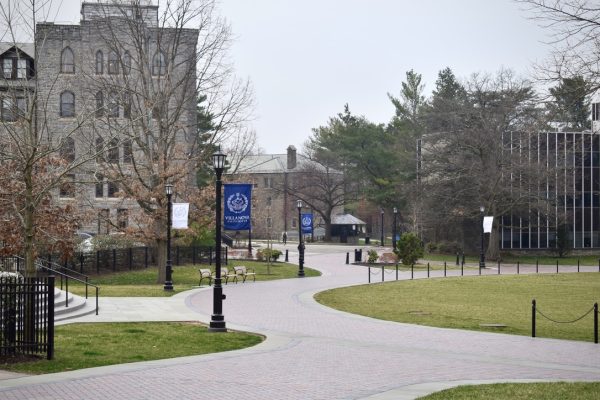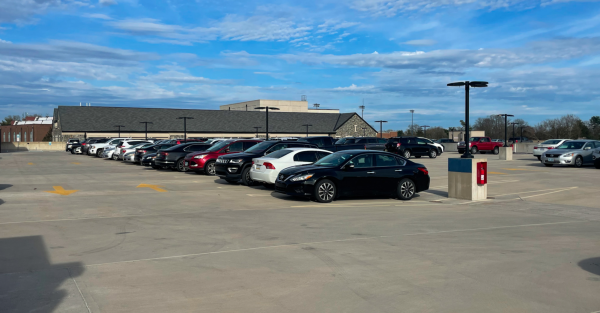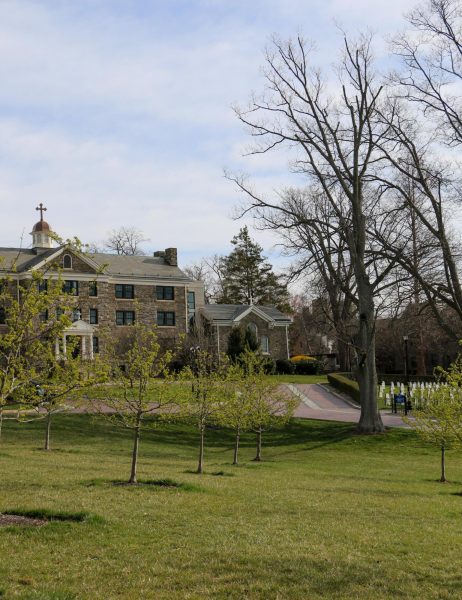Letter to the Editors
June 5, 2020
Dear Editors,
In late March, doctoral students in Philosophy and Theology at Villanova University sent a letter to our administration, program directors, and department chairs asking for support in response to the COVID-19 pandemic. We also sent testimonials detailing the financial precariousness we have faced in the past—a precariousness which has now become a crisis.
These are our requests, as stated in our letter:
(1) DISTRIBUTE ANOTHER HEALTH CARE STIPEND OF $1,000 IN RESPONSE TO THE DANGERS OF THE PRESENT HEALTH CARE SITUATION.
(2) DISTRIBUTE ADDITIONAL FUNDS TO ALL PHILOSOPHY AND THEOLOGY GRADUATE STUDENTS IN THE AMOUNT OF CONTINUOUS PAY AT THE CURRENT RATE THROUGH THE MONTHS OF JUNE, JULY, AND AUGUST TO MITIGATE THE UNPRECEDENTED FINANCIAL DIFFICULTIES GRADUATE STUDENTS FACE IN THE COMING SUMMER.
(3) PROVIDE A WRITTEN CONFIRMATION OF ITS COMMITMENT TO IMPLEMENTING ADEQUATE AND AFFORDABLE HEALTH CARE FOR ALL GRADUATE STUDENT EMPLOYEES STARTING FALL 2020.
These requests are particularly urgent now, but address insufficiencies which grad students have vocally decried for years. Our concerns stem from a belief that Villanova’s healthcare provisions are woefully insufficient for our survival, especially in times of crisis.
Our contract (which forbids outside employment during the school year) renders most of us ineligible for unemployment benefits. With extremely limited summer job prospects, we potentially face three months of trying to survive with no additional income. Some of our landlords are already trying to evict us.
We receive a $1,000 healthcare subsidy each year, but no guaranteed health insurance. Villanova offers a prohibitively expensive plan which is insufficient even for the few students who can afford it. Consequently, the slightest brush with COVID-19 would spell disaster for most grad students. Moreover, many of us have chronic health conditions requiring regular costly treatments. Even if some of us find work, working conditions may require possibly life-threatening exposure to the virus.
The university recently released a plan instituting a graduate hardship fund and moving up next year’s healthcare stipend payment. This plan is, in our view, inadequate, and does not address our three requests. After two months of silence regarding these requests, we received a short response from Provost Maggitti several days ago. He informed us that our requests will not be met this summer. “I know some of you will be disappointed we cannot address all of your requests,” he wrote.
This response misunderstands our position. We are not disappointed. We are in need. We face a crisis generated in part by structural failures that we have opposed for years. We are members of the Villanova community and we contribute value to a flourishing, well-respected institution. A Catholic university should not be satisfied with allowing more than fifteen employees (including Provost Maggitti) to take home more than $300,000 in salary apiece while graduate students face homelessness, food-insecurity, and mounting debt. We implore the university to act with the urgency necessitated by the harm we face this summer and respond sufficiently to our three requests.
-Philosophy and Theology Student Healthcare Organizing Committee at Villanova
The Villanovan spoke with a University representative regarding the University’s communication with all graduate students, including the Philosophy and Theology graduate students and the Student Healthcare Organizing Committee. Between the time the Committee submitted requests and the release of a final comprehensive plan, there were various communications between University leadership and the Philosophy and Theology graduate students throughout April and May. In early April, a committee was formed to look at support for graduate students, and in mid-May, decisions were announced that provided a comprehensive plan, which included options for financial support, for these members of the community.
To find the comprehensive plan, key principles and plan of action, please access the University’s Graduate Student Support Plan in Response to COVID-19 at https://www1.villanova.edu/villanova/provost/research/covid-19/graduate-student-support-plan.html
Additionally, as these graduate students receive a $1000 healthcare subsidy, the money can be put towards the competitively priced UnitedHealthcare Plan available to them. If they choose not to use the money for the healthcare plan, graduate students still have access to the Student Health Center on campus for routine illness and injury, where appointments cost $25 to treat an illness, and access to Telemedicine, where appointments cost $40.
Regarding the letter’s references to University finances, the University representative we spoke with noted the significant financial challenges the institution is faced with due to COVID-19. As a result, numerous financial measures have been put in place, including salary reductions for senior staff and administrators, no raises for employees, reductions in contributions to employees’ retirement plans, a hiring freeze and cuts in spending across departments, among other measures.





